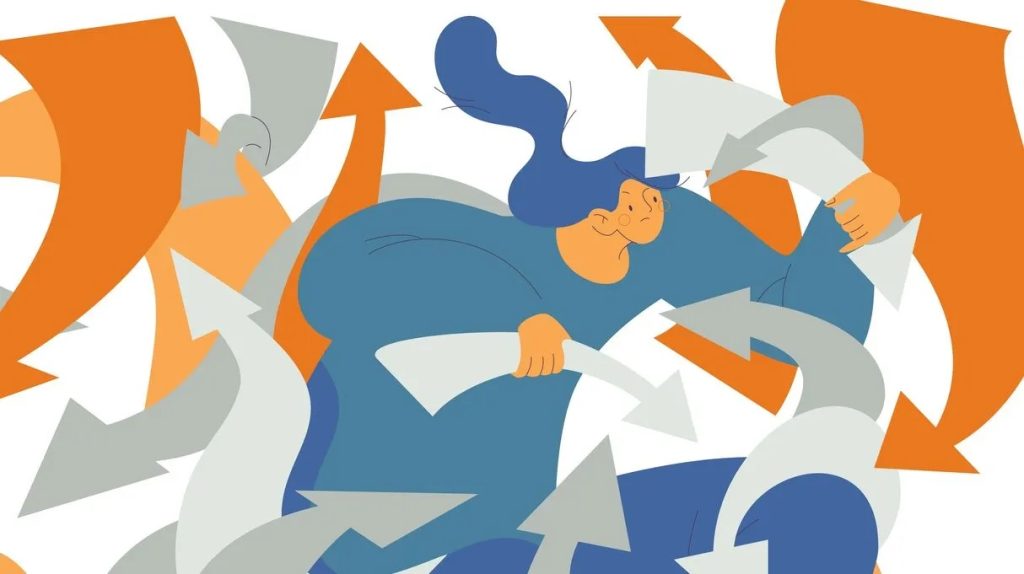In a world that constantly evolves, our understanding of mental health has undergone significant transformation. However, despite the growing recognition of various mental health conditions, one often overlooked and misunderstood disorder is Attention-Deficit/Hyperactivity Disorder (ADHD). The stigmatization surrounding ADHD can be particularly damaging, as it affects millions of individuals worldwide. But, in recent years, there has been a remarkable shift towards ADHD advocacy, focusing on raising awareness, challenging misconceptions and ultimately breaking the stigmas associated with this condition. ADHD is a neurodevelopmental disorder that affects both children and adults. It is characterized by difficulties in maintaining attention, hyperactivity and impulsive behavior. However, ADHD is not merely a matter of being easily distracted or restless; it can significantly impact one’s daily life, relationships and overall well-being. Unfortunately, many people still view ADHD as a made-up or exaggerated condition, dismissing it as an excuse for inattentiveness or impulsivity. Such misconceptions perpetuate stigma, making it even more challenging for those with ADHD to seek help and support.

The first step in breaking the stigmas surrounding ADHD is raising awareness. Advocacy groups, healthcare professionals and individuals with ADHD have been tirelessly working to educate the public about the reality of this condition. Through social media campaigns, informative websites and community events, they are shedding light on the daily struggles faced by individuals with ADHD. By sharing personal stories and scientific information, they aim to dispel myths and encourage empathy. Moreover, the ADHD advocacy movement emphasizes the importance of early diagnosis and intervention. Timely recognition of treatment for adhd adults allows for effective management strategies, including medication, therapy and lifestyle adjustments, which can significantly improve the quality of life for individuals with ADHD. By promoting understanding and acceptance, advocates hope to create an environment where seeking help is not seen as a sign of weakness, but rather a courageous step towards personal growth and well-being.
Challenging stigmas related to ADHD also requires addressing the negative stereotypes often associated with the disorder. People with ADHD are not lazy, unintelligent or undisciplined. In fact, many individuals with ADHD possess exceptional talents, such as creativity, innovation and hyperfocus, which can be harnessed when managed effectively. By highlighting the strengths and unique abilities of those with ADHD, advocates aim to shift the narrative from one of deficit to one of potential and diversity. Furthermore, ADHD advocacy extends to creating more inclusive environments in schools, workplaces and communities. Accommodations and support systems can make a world of difference for individuals with ADHD, allowing them to thrive and contribute meaningfully to society. By advocating for equal opportunities and understanding, the stigma surrounding ADHD can be further eroded. In conclusion, the growing ADHD advocacy movement is a testament to the power of awareness, education and empathy in breaking stigmas associated with mental health conditions.
